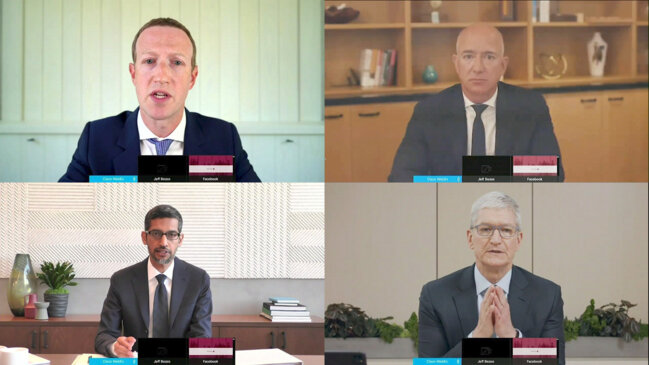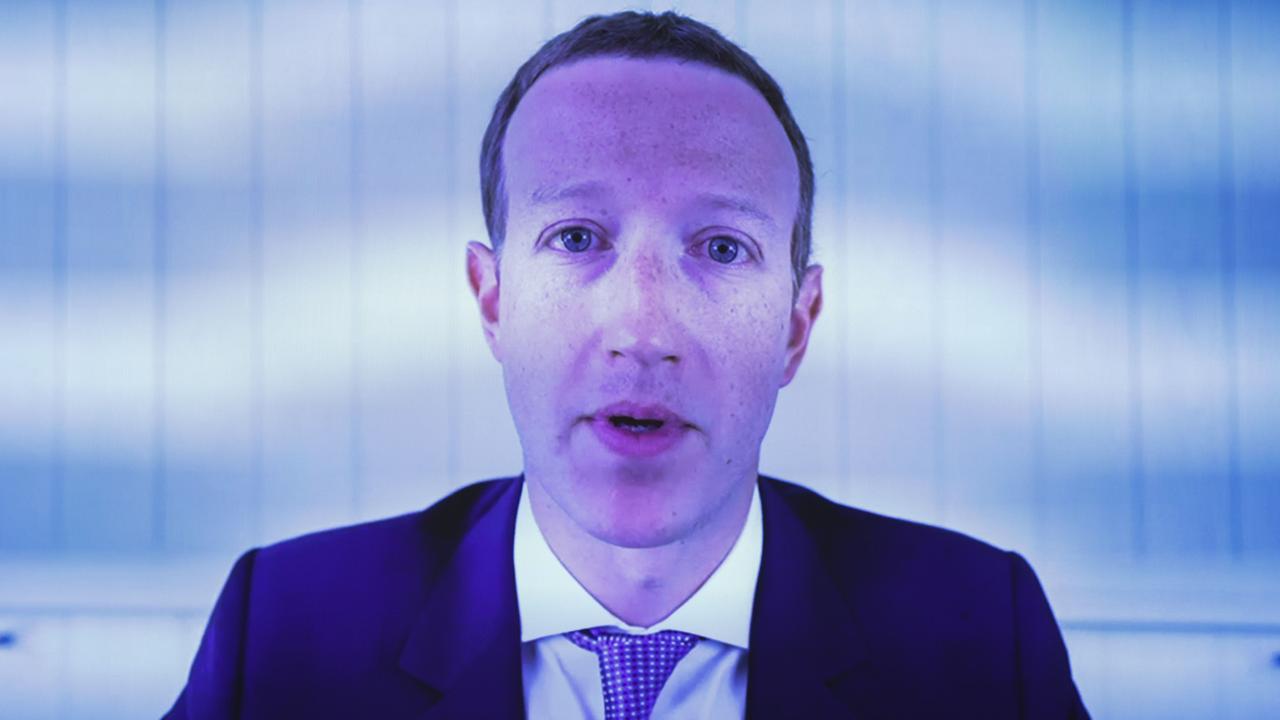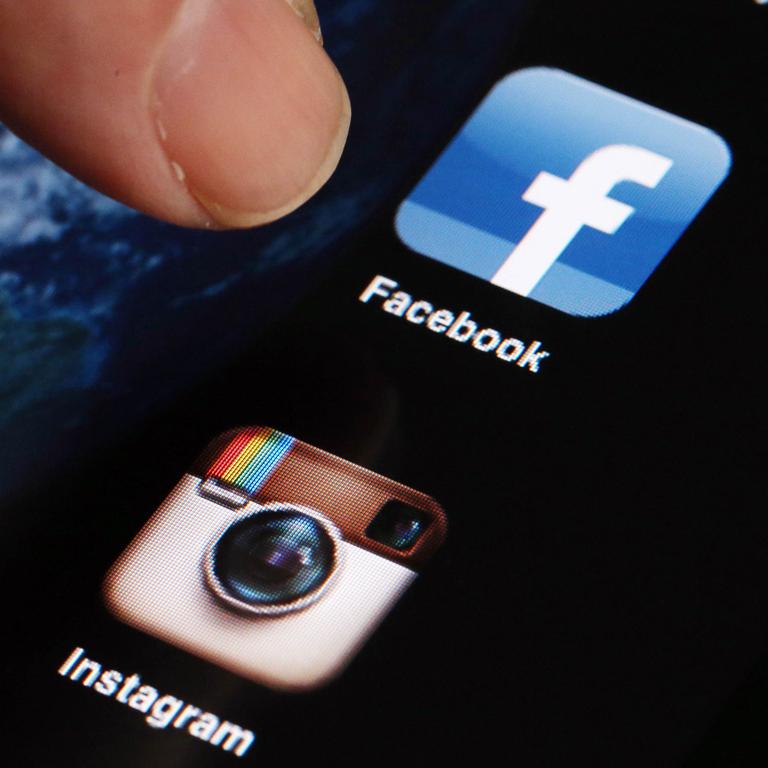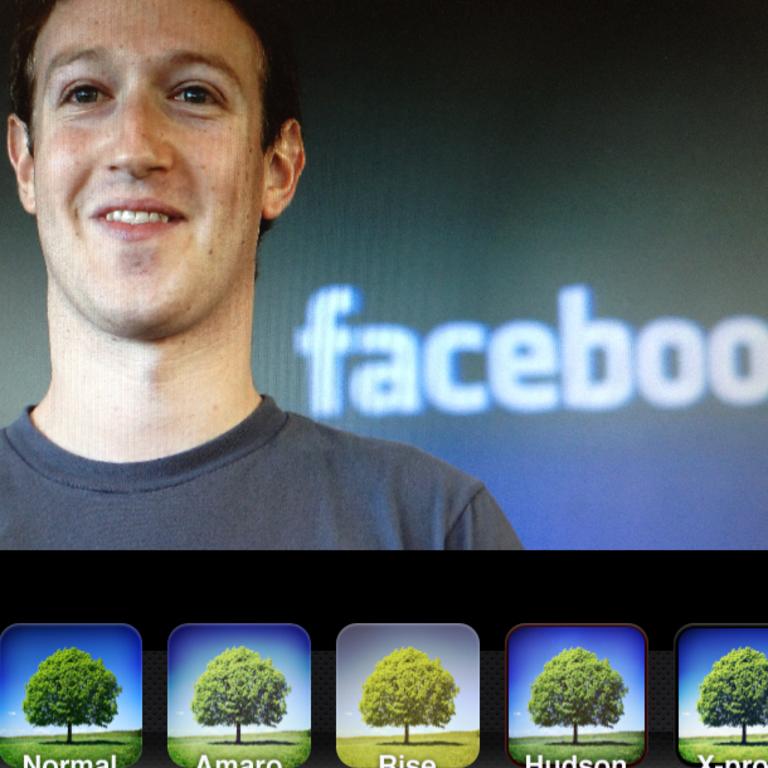Mark Zuckerberg’s emails suggest Facebook bought Instagram to avoid competition
Most of us would spend more than 45 minutes considering a billion dollar purchase, but we’re not all billionaire tech titans.

It took Facebook boss Mark Zuckerberg 45 minutes to realise he may have made a big error when he pushed to purchase the then fledgling social media platform Instagram in 2012.
In late February of that year he emailed Facebook’s chief financial officer David Ebersman, pitching him on the idea of buying smaller competitors as the company sought to translate its vast userbase to an increasingly mobile audience ahead of going public.
“The brands are already meaningful and if they grow to a large scale they could be very disruptive to us,” Mr Zuckerberg told Mr Ebersman in an email.
“We’re vulnerable in mobile, I’m curious if we should consider going after one or two of them. What do you think?” He signed off.

RELATED: Amazon founder’s embarrassing blunder
RELATED: Facebook boss’s anti-China push
What Mr Ebersman thought is that his boss needed to come up with a better reason for purchase than bolstering mobile audience, suggesting that neutralising a competitor, integrating its products into Facebook or acquiring its talented staff were all better reasons to acquire than just chasing their userbase.
Mr Zuckerberg agreed, but he had another reason he wanted to snap up a rival.
“One way of looking at this is that what we’re really buying is time,” Mr Zuckerberg said.
“Even if some new competitor springs up, buying now will give us a year or more to integrate their dynamics before anyone can get close to their scale again.”
Forty-five minutes later he sent another email.
“I didn’t mean to imply that we’d be buying them to prevent them from competing with us in any way,” he wrote.
RELATED: TikTok CEO hits out at Facebook ‘copycat’

RELATED: Problem Facebook ‘not ready’ to address
That email is one of many that features in the US Congressional antitrust hearing investigating possible anti-competitive practices by big tech companies which, like the Australian Competition and Consumer Commission did in last year’s Digital Platforms Inquiry, has highlighted Facebook’s acquisitions of fledgling rivals as a cause for concern.
“Facebook, by its own admission … saw Instagram as a threat that could potentially siphon business away, so rather than compete with it, Facebook bought it,” New York Democrat Jerry Nadler said at the hearing.
“This is exactly the type of anti-competitive acquisition the antitrust laws were designed to prevent,” he added.
Two different agencies in the US and one in the UK reviewed the deal with antitrust concerns in mind.
While none of them sought to block the deal, the US Federal Trade Commission noted “the public interest may require” reopening inquiries into Facebook’s acquisition of Instagram at a later date.

According to tech publication The Verge, lawyers working for the committee labelled the slide featuring that email with celebratory “whoops!” when presenting it to Congress members, apparently thinking they’d caught Mr Zuckerberg in a trap.
In his defence, Mr Zuckerberg told Congress Instagram wasn’t a true Facebook competitor even if it competed in some areas.
“It was a subset of the overall space of connecting that we exist in,” he said.
“By having them join us, they certainly went from being a competitor in the space of being a mobile camera to an app that we could help grow and to help get more people to be able to use.”

While he walked back his comments to Mr Ebersman about acquiring competitors to stop them competing, a few months later, in the days before the deal was finalised, he reiterated the need for Facebook to protect itself.
“Instagram can hurt us meaningfully without becoming a huge business,” he wrote.
Twitter was reportedly interested in buying Instagram as well, tabling up to $700 million in company stock, an offer that was rejected by co-founder Kevin Systrom.
Mr Systrom instead sold the company, which had only 13 employees, to Facebook for $US1 billion ($A1.4 billion) in cash and company stock.
The shares ended up actually being worth a fair bit less when Facebook eventually listed on the stock market about a month later in May 2012, and saw its stock plummet before the deal closed.
The share price has more than recovered and multiplied since and last year Instagram brought in $US20 billion ($A27.8 billion) in ad revenue, more than a quarter of Facebook’s overall earnings.



